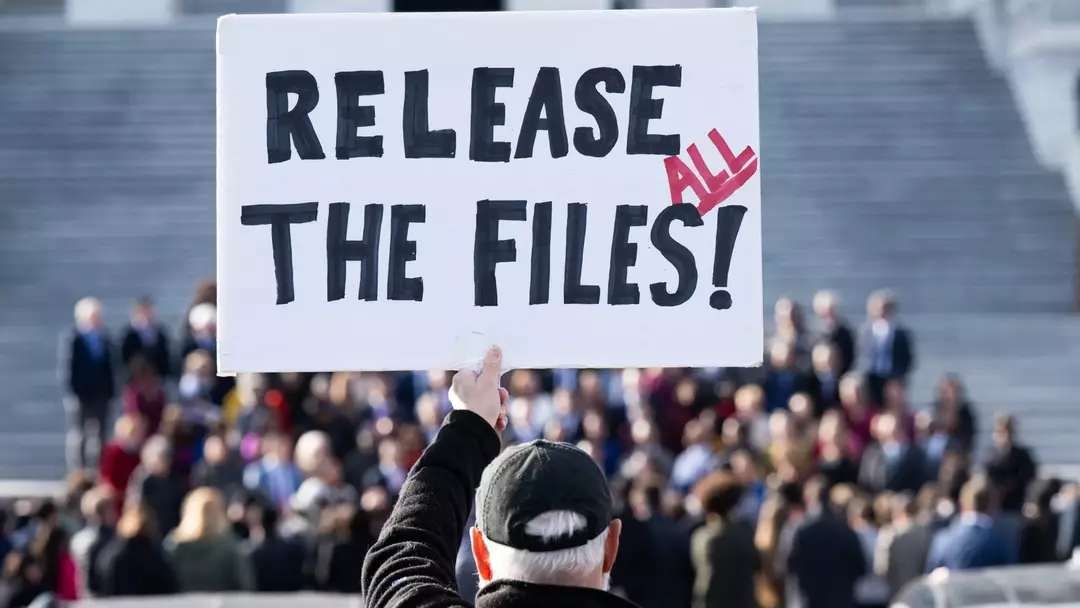The US Congress has taken a decisive political step that could compel the Justice Department to release the Epstein files.
Progress on making the investigation into the late convicted pedophile and financier Jeffrey Epstein public has been notably slow for several months.
Despite some information being released through redacted files, demands for full disclosure have intensified, creating a complex political situation for President Donald Trump, a former acquaintance of Epstein, though he denies any involvement in wrongdoing.
In a significant move contrary to Trump’s wishes, the House of Representatives has voted to potentially require the government to release all unclassified materials related to Epstein, who died in his jail cell while awaiting trial in 2019.
Here’s an overview of the recent developments.
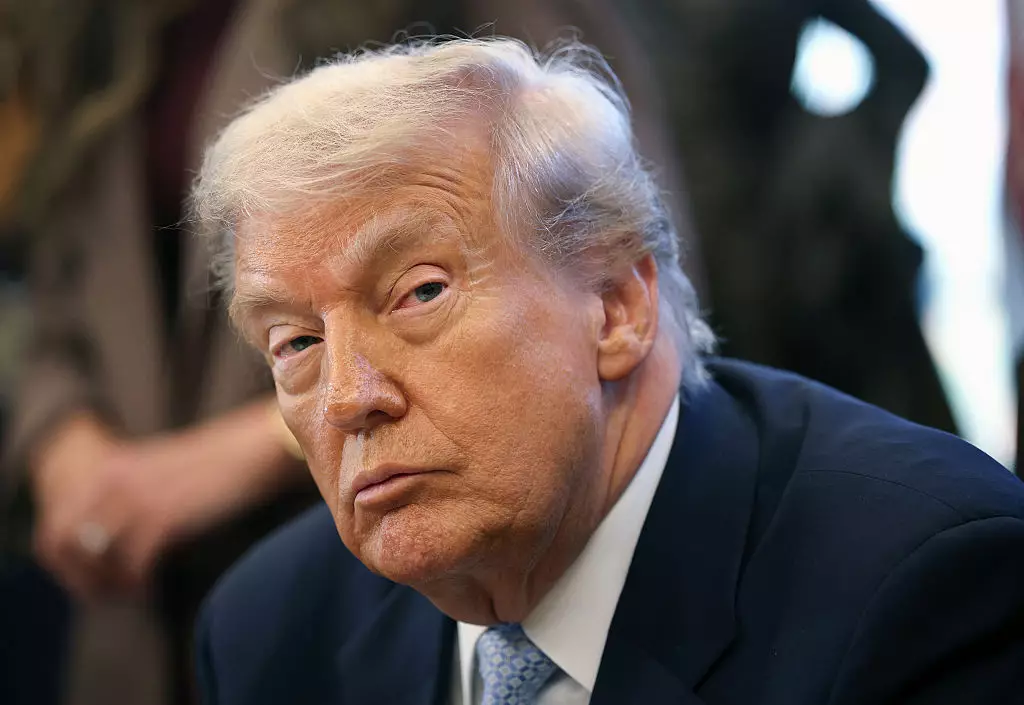
On Tuesday, November 18, Congress made a significant move regarding the Epstein files held by the US Justice Department, voting overwhelmingly in favor of making them public.
The House of Representatives passed the Epstein Files Transparency Act with a vote of 427 to one, marking a pivotal moment.
Additionally, the Senate has unanimously indicated its support for the bill, which will eventually require Trump’s signature to become law.
This bipartisan legislation demands the release of Epstein files in a ‘searchable and downloadable format,’ with a critical stipulation—a deadline.
If enacted, it would require the Justice Department to release all relevant files within 30 days.
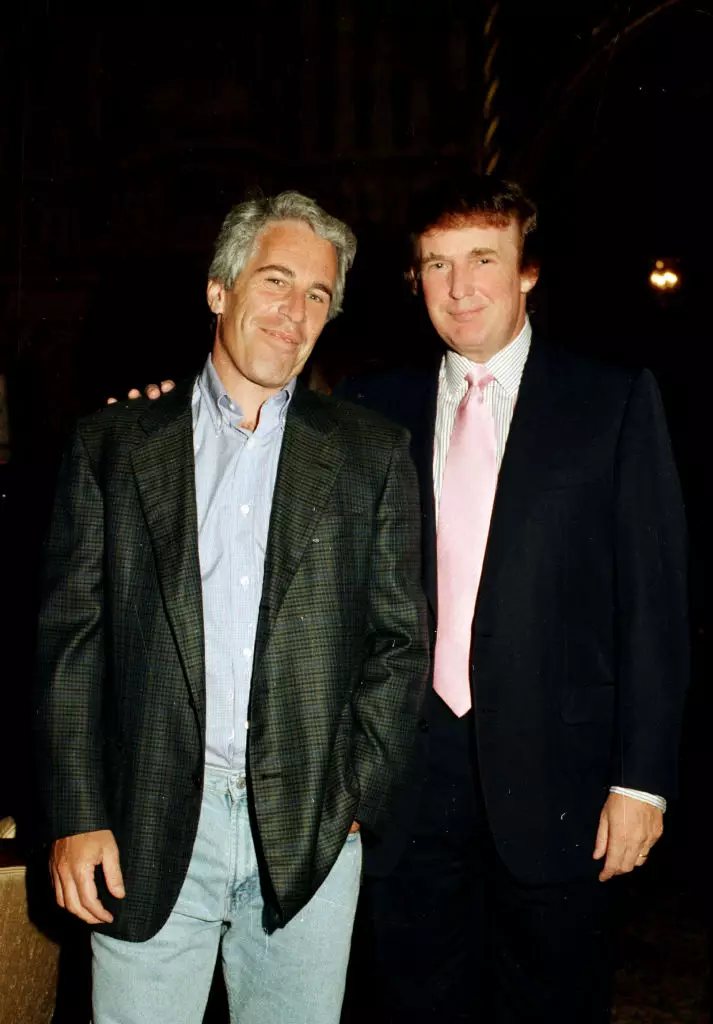
Facing increased pressure from victims and potential dissent from his own party, Trump appeared to change his stance on releasing the files, urging Republicans in Congress on Monday to support the bill.
In a statement on Truth Social, he claimed ‘we have nothing to hide,’ as it became evident that Republicans were prepared to defy both the president and House Speaker Mike Johnson by supporting the legislation.
The president has consistently blamed the opposition for the handling of the files, asserting that Republicans had ‘nothing to do with Epstein’ and referring to the situation as a ‘Democrat problem’ and a ‘hoax.’
“The Democrats were Epstein’s friends, all of them.”
Clay Higgins, a Republican lawmaker from Louisiana, was the sole member of Congress to vote against the bill.
Additionally, two Republicans and three Democrats chose not to participate in the vote.
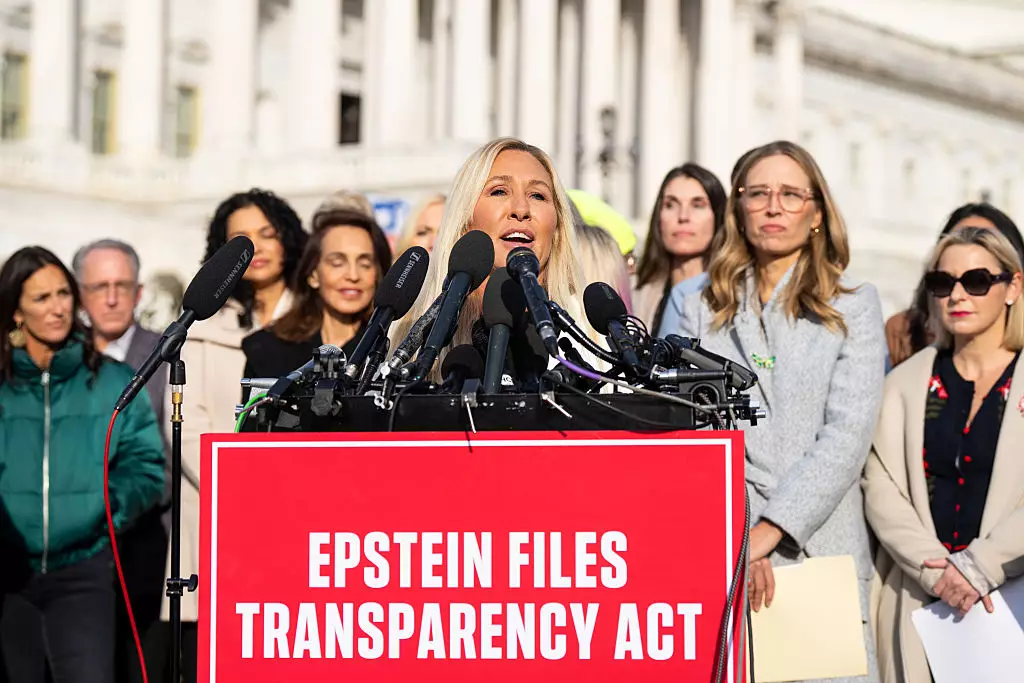
The materials held by the Justice Department have been shrouded in controversy.
Without access to the information, speculation abounds regarding the contents of the files, potentially including details about Epstein’s associate Ghislaine Maxwell, who is serving a 20-year sentence for sex trafficking minors, or internal DOJ files, as noted by the BBC.
The Senate has already pledged to pass the measure shortly after the House vote.
The bill is now headed to Trump, who has signaled his intention to sign it into law.
However, the immediate release of the files is not guaranteed, even with his signature.
The Attorney General has the authority to withhold or redact parts of the records that include personal information deemed an ‘invasion of personal privacy’ and not ‘relevant or appropriate for public consumption,’ according to Jonathan Entin, a constitutional law professor at Case Western Reserve University in Ohio, who spoke with the BBC.

Furthermore, the DOJ can withhold documents that ‘jeopardize an active federal investigation or ongoing prosecution, provided that such withholding is narrowly tailored and temporary,’ according to the House bill, which may lead to additional delays.
“If, in fact, this is a serious investigation, presumably the prosecutors will not want everything out there while they’re sorting out whether they bring charges,” Professor Entin added.
He noted that such actions could ‘create some prejudicial publicity about targets of the investigation,’ potentially resulting in litigation cases.
Adding to potential delays, Trump has initiated a DOJ investigation into prominent figures mentioned in the files.
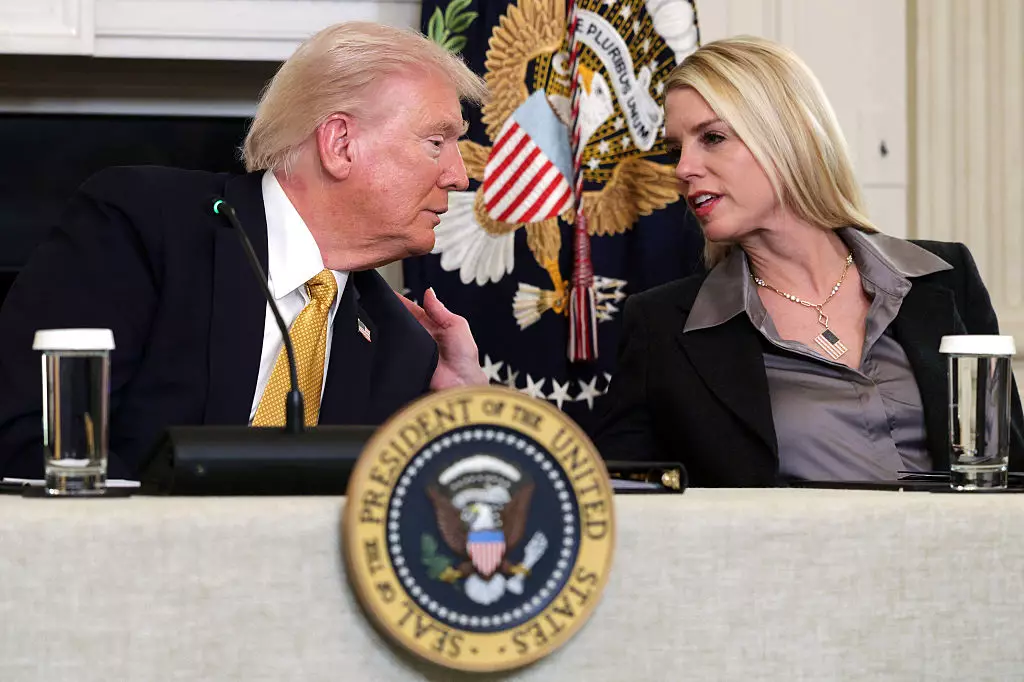
Last week, he instructed US Attorney General Pam Bondi to investigate connections between Epstein and former president Bill Clinton, former US treasury secretary Larry Summers, and venture capitalist Reid Hoffman, who is credited with funding Democrats.
This decision has raised concerns that the order could delay the release further.
“I’m concerned that now he’s opening a flurry of investigations, and I believe they may be trying to use those investigations as a predicate for not releasing the files,” Representative Thomas Massie expressed on Tuesday.
Georgia Congresswoman Marjorie Taylor Greene, who has publicly disagreed with Trump over the files, also voiced her concerns that the documents could be ‘tied up’ in the investigation.

